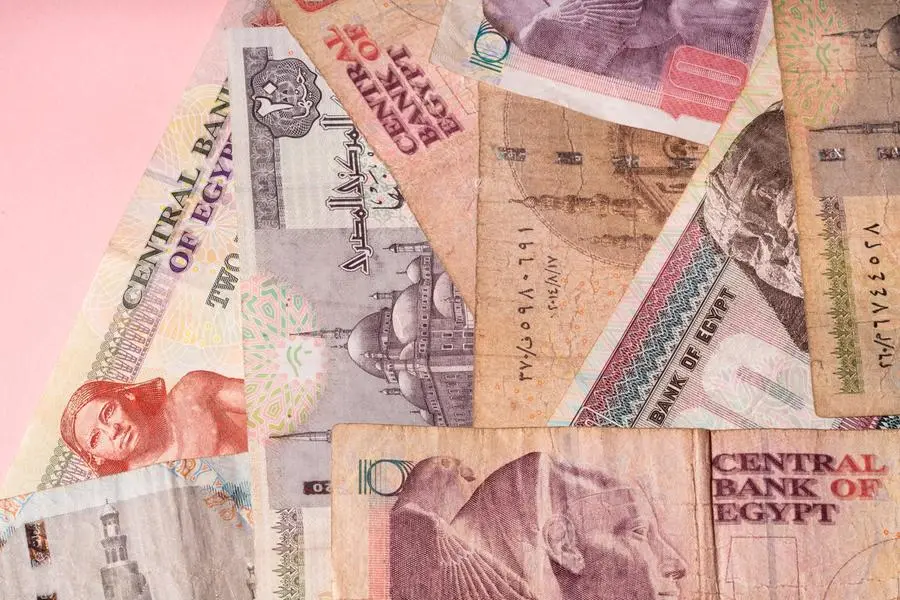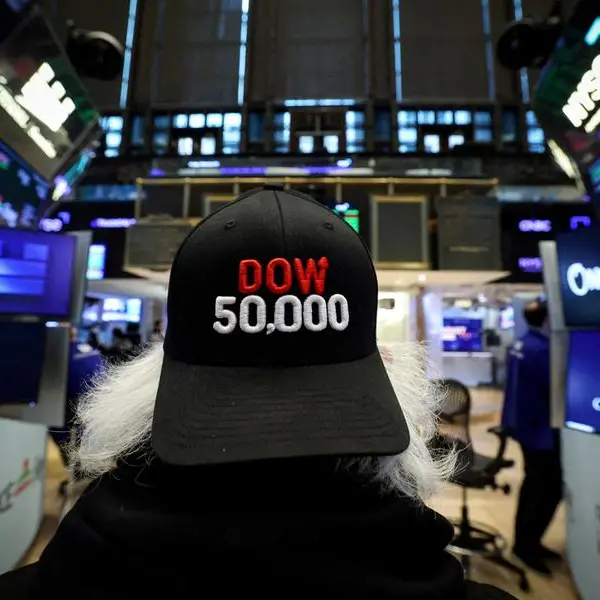PHOTO
Egypt - The Central Bank of Egypt (CBE), in collaboration with the banking sector, has significantly advanced Egypt’s financial inclusion rates, achieving a remarkable 181% increase between December 2016 and June 2024. By June 2024, the number of citizens with transactional accounts—including bank accounts, Egypt Post accounts, mobile wallets, or prepaid cards—reached 48.1 million out of 67.3 million eligible citizens (16 years and above), bringing the financial inclusion rate to 71.5%.
This extraordinary progress results from collaborative efforts among stakeholders, underpinned by a supportive regulatory framework, targeted initiatives, and customized financial products addressing the diverse needs of target demographics. These efforts have been further bolstered by the promotion of financial literacy and awareness, along with strategic partnerships with various ministries and governmental entities.
Key Financial Inclusion Initiatives
A notable driver of this growth has been the CBE’s annual financial inclusion events, held six times a year since 2017 to align with international occasions. During these events, banks operate outside their branches, opening accounts without fees or minimum balance requirements while offering additional products and services. These events aim to enhance financial literacy across all societal segments, particularly youth, women, and persons with disabilities.
Another cornerstone initiative is the smallholder farmers’ support project, executed in collaboration with the UN World Food Programme (WFP). This project integrates small farmers into the formal financial sector by providing tailored financial products and services, enhancing their economic and social capabilities.
In its commitment to economic and social empowerment of women, a top-priority demographic, the CBE supports the expansion of the digital savings and lending groups project. In partnership with the National Council for Women (NCW) and the Agricultural Bank of Egypt, this initiative promotes women’s financial inclusion, encourages saving, and raises awareness about the benefits of using FinTech applications for savings and lending.
The banking sector, under the CBE’s guidance, is also a key participant in the first phase of the presidential initiative “Decent Life” (Hayah Karima), launched in July 2021. This initiative seeks to improve services and living standards across 20 governorates, 52 rural centers, and 1,667 villages, contributing significantly to raising the quality of life for rural citizens.
Growth in MSME Financing
The CBE’s initiatives have also fueled significant growth in banks’ financing portfolios for Micro, Small, and Medium-sized Enterprises (MSMEs), which play a vital role in economic development, job creation, and unemployment reduction. From December 2015 to June 2024, the total facilities allocated to MSMEs surged by 388%. Funding directed to the industrial sector increased by 61%, while facilities for the Delta region grew by 72%, and those for Upper Egypt rose by 59% between December 2020 and June 2024.
Microfinance Expansion
In addition to MSME financing, microfinance portfolios across both banking and non-banking sectors have seen exponential growth. Driven by CBE’s initiatives, microfinance portfolios grew by more than 1,350% between December 2016 and June 2024, as reported by the Egyptian Federation for Financing MSMEs (MSMEF).
The Central Bank of Egypt, in collaboration with the banking sector and other key stakeholders, has made monumental strides in driving financial inclusion. Through regulatory support, targeted initiatives, and a focus on underserved demographics, the CBE continues to empower individuals and businesses, fostering economic growth and enhancing the quality of life for millions of citizens.
© 2024 Daily News Egypt. Provided by SyndiGate Media Inc. (Syndigate.info).





















